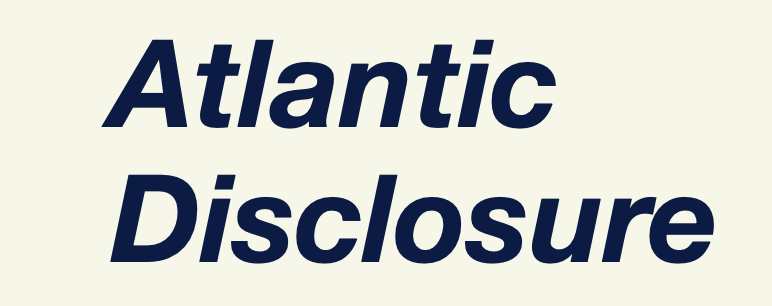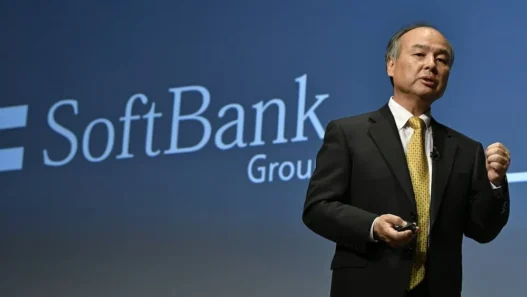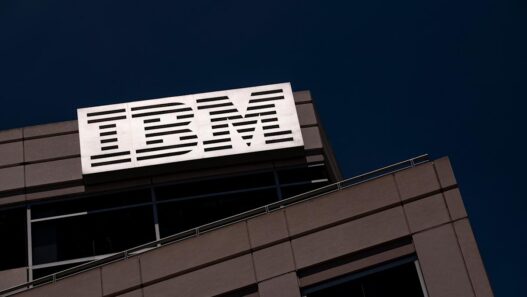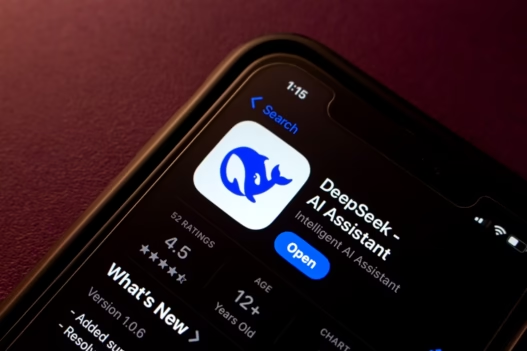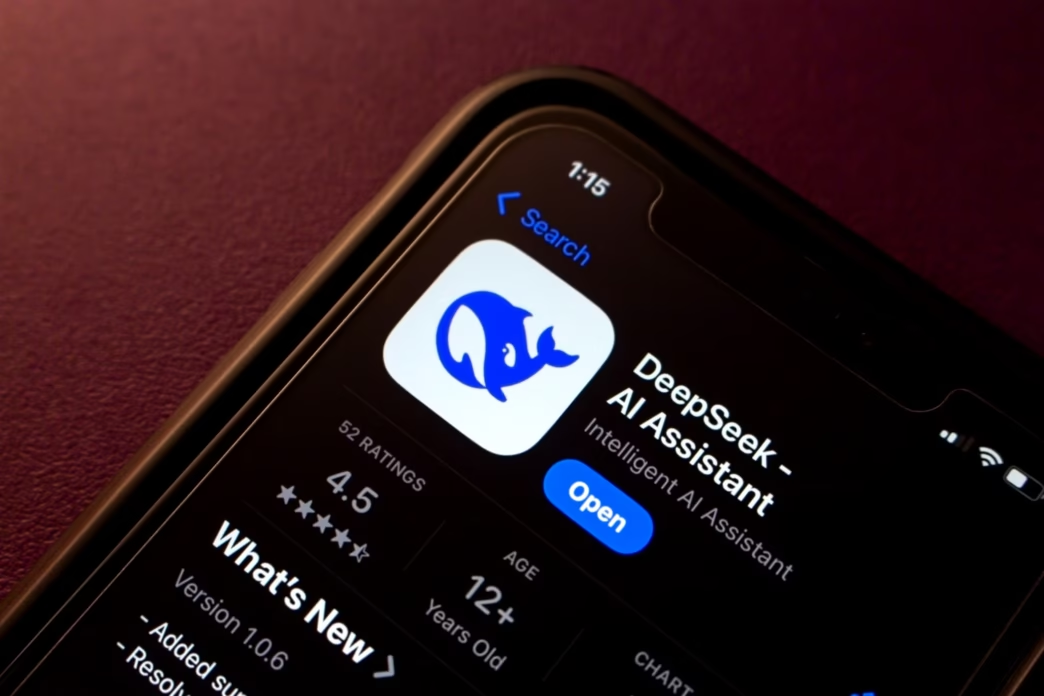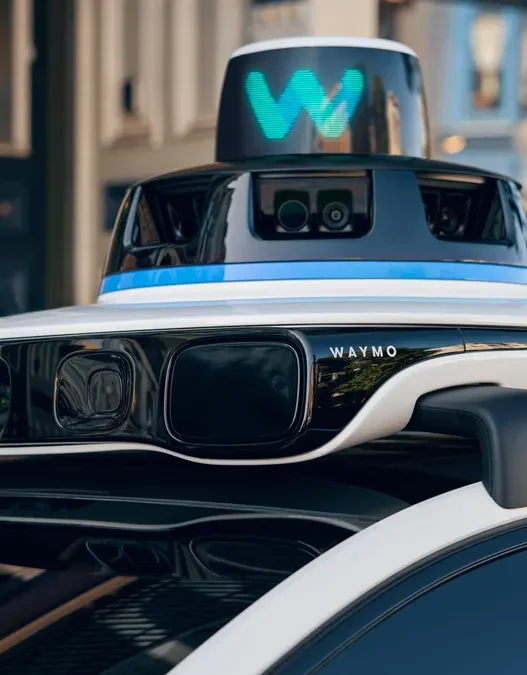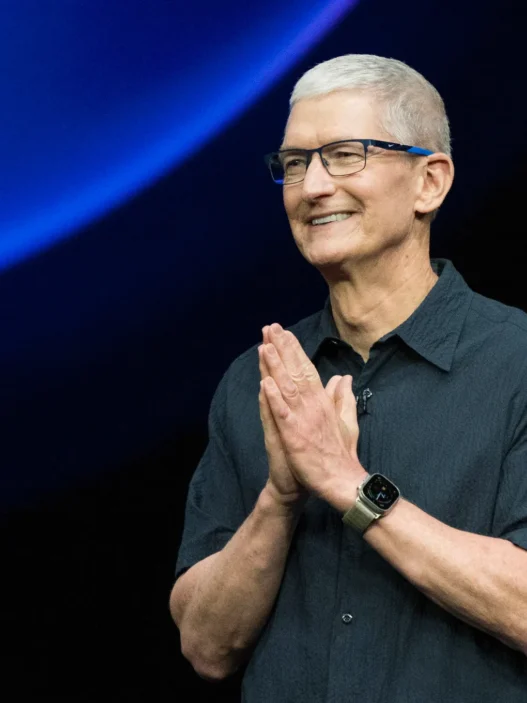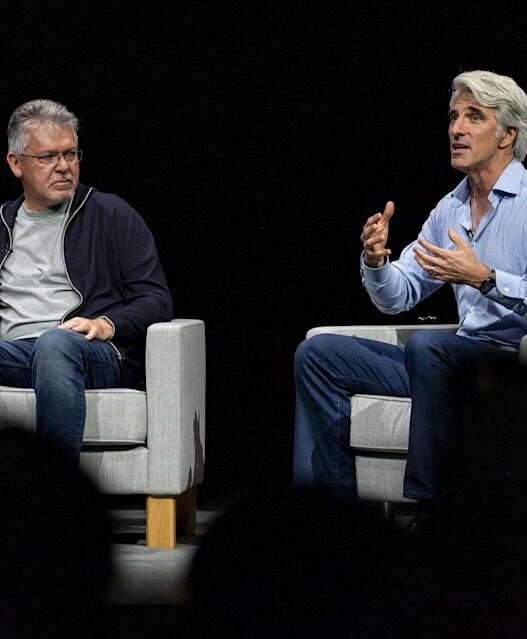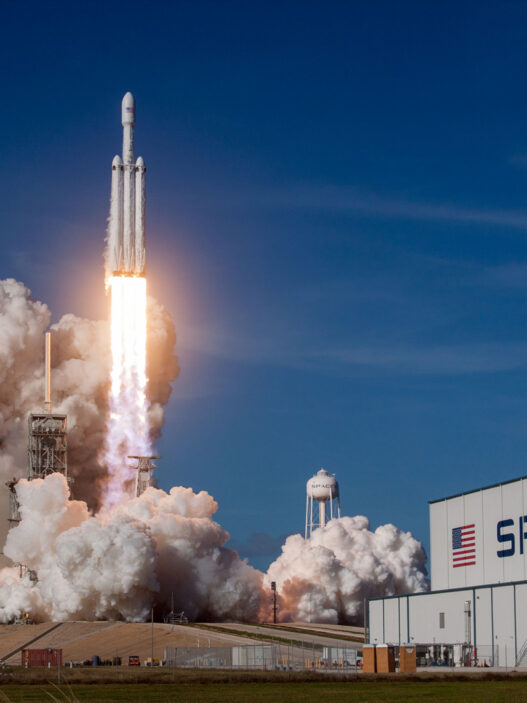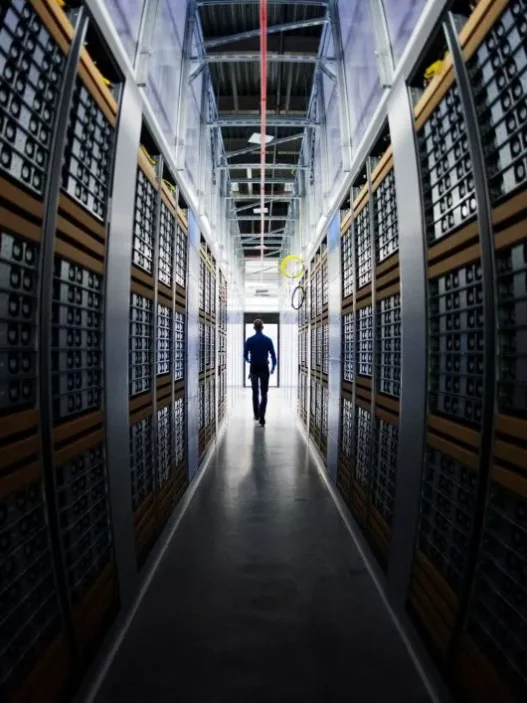Artificial intelligence is undergoing a profound transformation, fueled not only by corporate giants but increasingly by innovative startups and open-source communities. Among the most influential players shaking up the AI landscape are DeepSeek, an emerging AI powerhouse, and the rapidly expanding ecosystem of open-source AI models. Together, they are democratizing access to AI technology, accelerating innovation, and challenging traditional industry dynamics.
DeepSeek: The New Frontier in AI Innovation
Founded just three years ago, DeepSeek has quickly established itself as a formidable force in the AI sector by focusing on next-generation natural language processing (NLP) and computer vision technologies. Unlike many established players that rely heavily on proprietary models, DeepSeek embraces modular, flexible AI architectures that allow rapid adaptation across industries—from healthcare diagnostics to autonomous robotics.
One of DeepSeek’s hallmark contributions has been its open collaboration approach. By actively engaging with academic institutions and open-source contributors, DeepSeek has harnessed a global talent pool, enabling the company to push the boundaries of what AI models can achieve while maintaining transparency and inclusivity. This approach has attracted significant venture capital funding, including a recent $120 million Series B round, which the company plans to deploy in scaling AI applications worldwide.
The Power of Open-Source AI Models
Parallel to DeepSeek’s rise is the explosive growth of open-source AI frameworks and models. Platforms like Hugging Face, Meta’s LLaMA, and Stability AI’s Stable Diffusion have lowered the barriers to entry for developers and researchers, enabling anyone with sufficient computing resources to build, customize, and deploy sophisticated AI solutions.
Open-source models promote rapid innovation cycles, allowing new algorithms and techniques to be shared and improved upon in real time. This contrasts sharply with traditional closed systems, where proprietary algorithms are guarded and development is slower. For startups and academic labs, open-source AI offers a playground to experiment and iterate without the prohibitive costs associated with commercial licenses or the need to build everything from scratch.
Democratizing AI Access
Together, DeepSeek and open-source models are fueling a democratization of AI access. Previously, cutting-edge AI was the domain of well-capitalized tech giants with access to massive datasets and supercomputing power. Now, thanks to open repositories of pre-trained models and tools, smaller players can participate in AI development and deployment, potentially disrupting incumbents and diversifying AI applications globally.
This democratization has significant social and economic implications. In emerging markets, for instance, local developers can tailor AI tools to regional languages and challenges, creating more relevant and inclusive technologies. Moreover, open-source AI fosters transparency and ethical scrutiny, essential as concerns grow over bias, privacy, and the societal impact of automation.
Challenges and the Road Ahead
Despite their promise, open-source models and companies like DeepSeek face hurdles. The resource demands of training and running large AI models remain significant, requiring continuous innovation in efficiency and hardware. Additionally, the unregulated spread of powerful AI capabilities raises concerns around misuse, misinformation, and intellectual property rights.
DeepSeek is actively investing in responsible AI development, incorporating fairness audits and collaborating with regulatory bodies to ensure that its technologies adhere to emerging standards. Meanwhile, the open-source community is establishing governance frameworks to balance openness with accountability.
A Paradigm Shift in AI Development
The synergy between DeepSeek’s innovative, collaborative approach and the vibrant open-source AI ecosystem signals a paradigm shift in how AI is developed and deployed. No longer confined to the labs of tech behemoths, AI innovation is becoming more distributed, inclusive, and responsive to diverse needs.
As these trends continue, the AI landscape of tomorrow will likely be shaped as much by open collaboration and startup agility as by corporate scale. DeepSeek and open-source models are not just shaking up AI—they are rebuilding it from the ground up, opening doors to possibilities that only a few years ago seemed out of reach.
